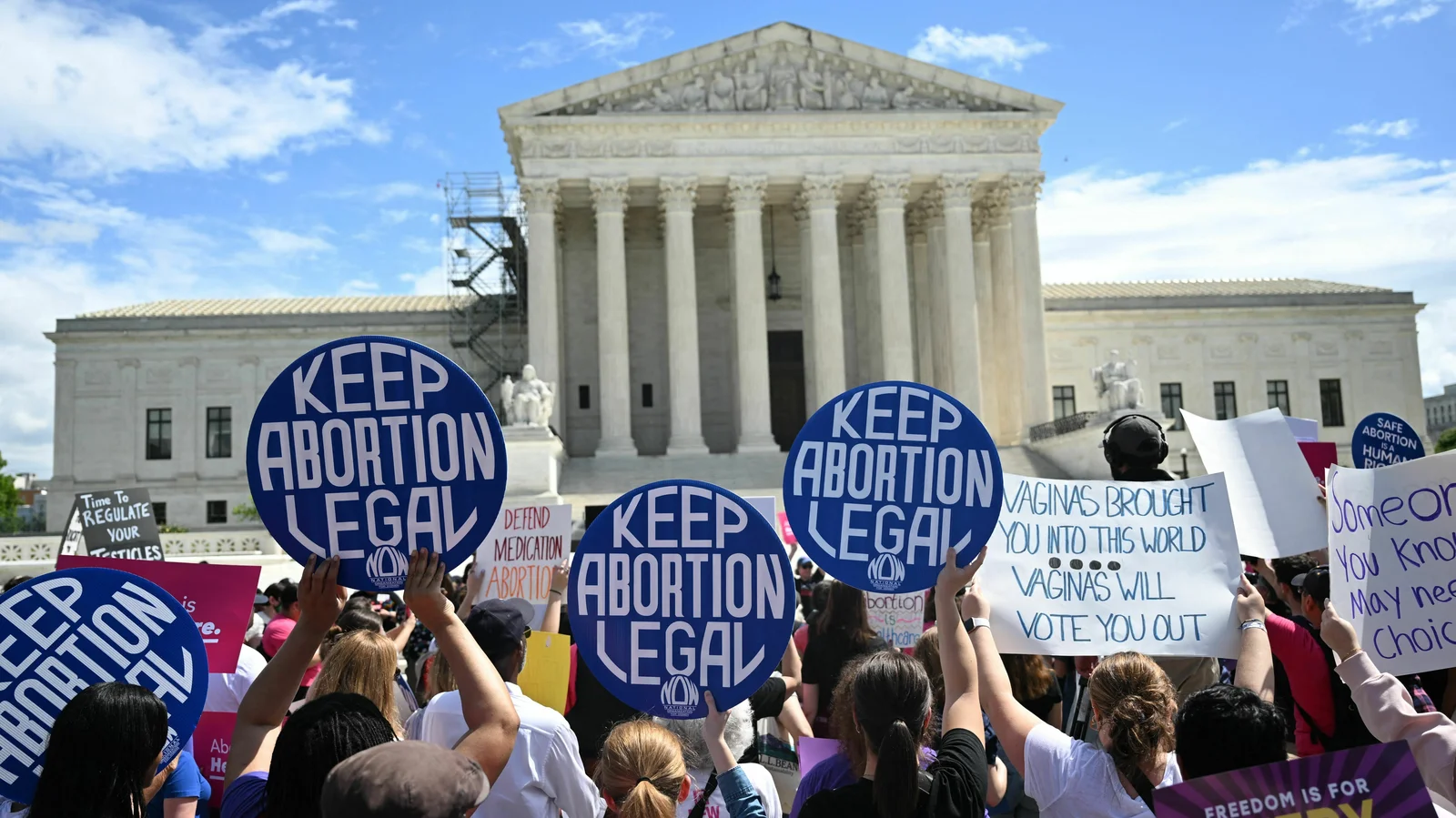"In a sense, the country is moving in one direction and, with this locked-in majority supermajority, the Court is moving fast in another direction," Waldman says.
Waldman is president of the Brennan Center for Justice at the NYU School of Law. His new book, The Supermajority: How the Supreme Court Divided America, reflects on the transformational changes wrought by the conservative supermajority, which now dominates the U.S. Supreme Court.
Waldman argues that the conservatives justices, including three appointees of President Trump, have defied longstanding precedents and rendered far-reaching decisions on gun control, reproductive rights, environmental regulations and voting rights — with more to come. He says that the principle of "originalism" — whereby conservative justices purport to govern according to the intent of the country's founders — is fundamentally flawed.
"We can't really pretend that we can know what to do now, today, in 2023, by asking what the guys in powdered wigs in 1791 thought," Waldman says. "This was a time when women could not vote for much of that time, when Black people were enslaved and so forth. It was a very different time with very different values and visions of what kind of country we were going to be."
Interview:
Waldman is president of the Brennan Center for Justice at the NYU School of Law. His new book, The Supermajority: How the Supreme Court Divided America, reflects on the transformational changes wrought by the conservative supermajority, which now dominates the U.S. Supreme Court.
Waldman argues that the conservatives justices, including three appointees of President Trump, have defied longstanding precedents and rendered far-reaching decisions on gun control, reproductive rights, environmental regulations and voting rights — with more to come. He says that the principle of "originalism" — whereby conservative justices purport to govern according to the intent of the country's founders — is fundamentally flawed.
"We can't really pretend that we can know what to do now, today, in 2023, by asking what the guys in powdered wigs in 1791 thought," Waldman says. "This was a time when women could not vote for much of that time, when Black people were enslaved and so forth. It was a very different time with very different values and visions of what kind of country we were going to be."
Interview:


No comments:
Post a Comment